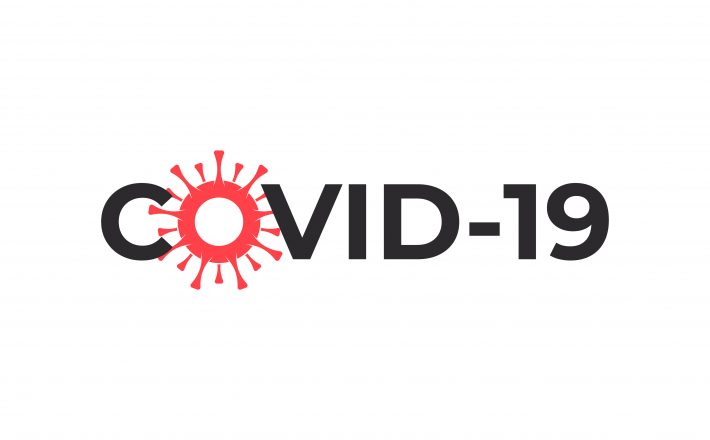We keep you updated with the latest news from Martin Hood and helpful information whenever there is a change to employment or tax laws.

May 21, 2020
We hope this notice finds you safe and healthy. However, we understand the uncertain times of COVID-19 has most likely affected your business. We have listed below items for you to consider if you or your employees are facing financial hardships caused by the COVID-19 pandemic:
Make sure to consider partial termination rules. Many companies are reducing their workforce due to the impacts of the virus. Generally, a 20% reduction in your workforce can trigger a partial termination; requiring all affected participants to become 100% vested in their account balances. If your plan is subject to this requirement, failure to fully vest when making employee distributions could result in underpayments from the plan when distributions to these individuals occur and, potentially, cause the IRS to disqualify the plan if the error is not corrected. There are certain facts and circumstances the IRS considers so discuss these issues with advisors before concluding that a partial termination has occurred.
Consider reducing or eliminating the employer contributions. If you are trying to cut cost you may decide to waive discretionary employer contributions in any tax year, without any plan amendment requirement. In addition, you can amend plans to eliminate matching or employer contributions required by the plan document. For 401(k) safe harbor plans, eliminating safe harbor contributions may result in the loss of safe harbor status, requiring non-discrimination testing.
Utilize forfeitures. Depending on plan provisions, another way to reduce or delay costs is to use forfeiture balances now to pay plan expenses or fund employer contributions instead of waiting until year-end.
Remind employees to assess their own personal situations. Employers should remind employees to consult with investment advisors; employees need to consider their own financial assistance needs and factors such as age and the likelihood of having enough time to rebuild their account balances when considering whether to:
Before making any changes to your plan you should review your qualified retirement plan documents and consult with third-party administrators and other advisors to further understand the methods and resources available. Don’t forget to also communicate decisions with plan participants!
The DOL just issued a relief notice (EBSA Disaster Relief Notice 2020-01) giving benefit plan fiduciaries additional time to provide certain required ERISA notices and disclosures to plan participants. The relief is available from March 1, 2020 until 60 days after the end of the COVID-19 National Emergency, whenever that is announced.
Martin Hood’s Employee Benefit Plan Industry Team provides consulting and assurance services for retirement plans, health and welfare benefit plans, and plan administrators. We work with defined benefit and defined contribution plans and all the subcategories within those broad segments.
Call us with any further questions or if you just need help navigating the myriad of information.